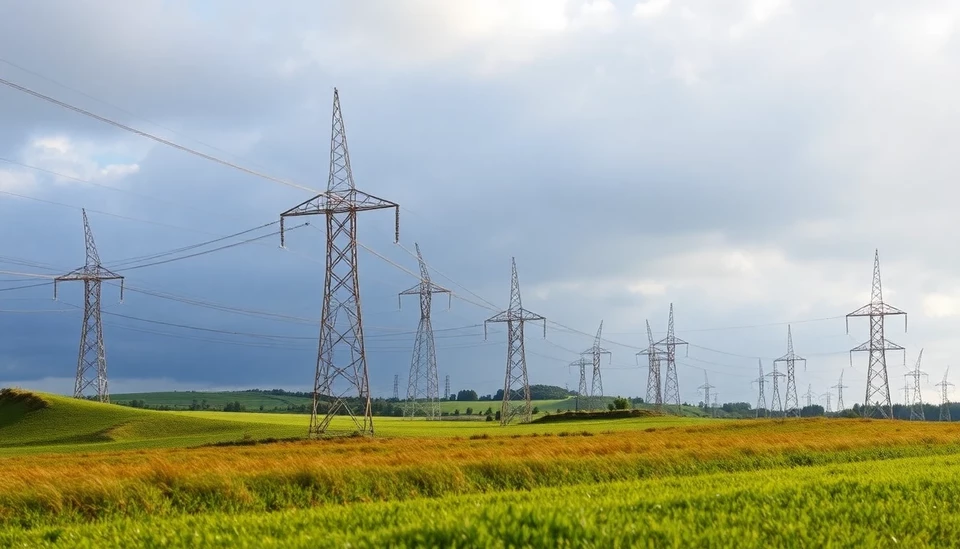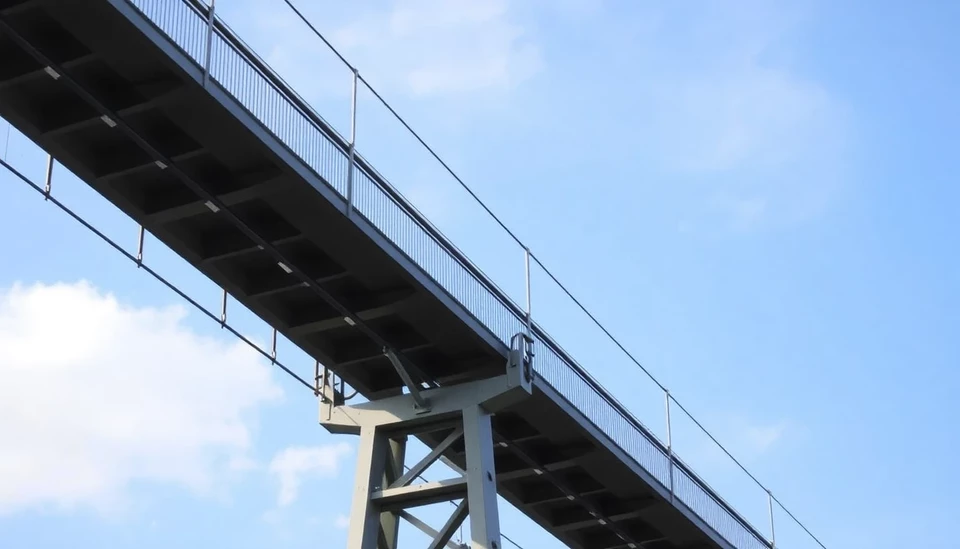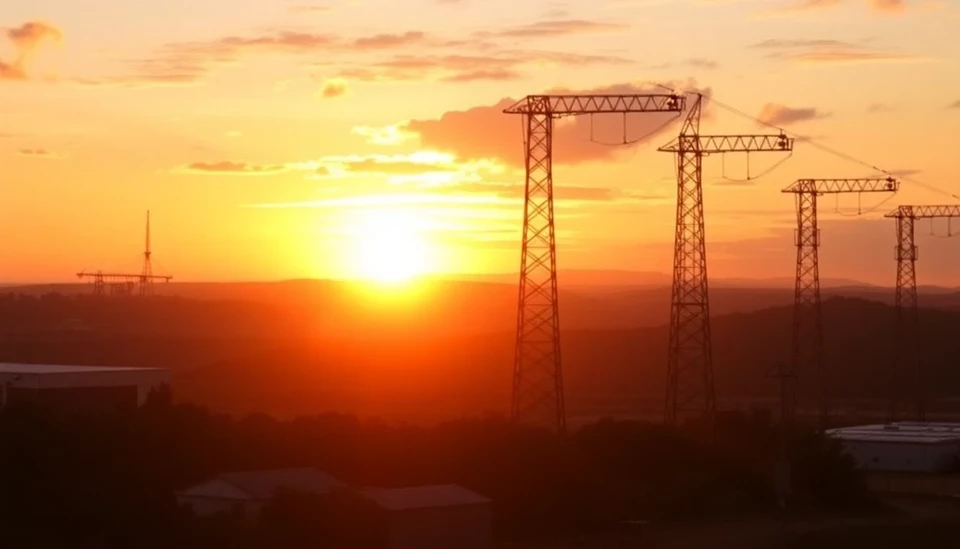
A major push has emerged in the UK to revamp its planning regulations with the aim of bolstering the power grid in preparation for the anticipated surge in energy demand by 2030. This initiative is spearheaded by industry leaders who warn that outdated planning processes may hinder the country's ability to meet its ambitious climate goals and secure a stable energy supply amidst evolving technology and increasing reliance on renewable sources.
As the UK gears up for a transition towards greener energy solutions, the nation faces significant challenges. The planned expansion of electric vehicle usage and the anticipated growth in renewable energy projects necessitate an immediate reassessment of existing infrastructure. Industry stakeholders are calling for more flexible and streamlined planning rules, emphasizing that the current system could impede timely upgrades and the installation of essential equipment needed for grid reliability.
These calls for change come against the backdrop of projections indicating that the UK's electricity demand could rise considerably as more sectors shift away from fossil fuels. The government has set a strategic target to achieve net-zero carbon emissions by 2050, a goal that is intertwined with the effective functioning of a robust power grid. However, without adequate preparation and the ability to adapt planning regulations, achieving these ambitions may become increasingly difficult.
Prominent figures in the energy sector have voiced their concerns, arguing that the lengthy and complex approval processes currently in place could delay necessary advancements. They recommend that policymakers streamline procedures to allow for quicker deployment of infrastructure improvements. This could include simplifying consent for new energy projects, expediting the installation of upgraded transmission lines, and facilitating the expansion of energy storage systems that can respond to demand fluctuations.
The urgency of the situation has been underscored by a recent report from the National Grid, which highlighted gaps in current capacity and the critical need for enhancements to ensure that the supply can keep pace with projected demand. As the UK looks to accelerate its transition to a green economy, the benefits of modernizing the power grid could have far-reaching implications for both energy security and the climate crisis response.
As discussions gain traction, it remains to be seen how quickly government officials will respond to these recommendations. The urgency for swift action has never been more apparent, and with less than a decade to adapt, the UK is at a pivotal moment in its energy planning efforts. Ensuring a resilient and forward-thinking power grid is not merely a technical necessity; it is an essential component of the broader strategy to combat climate change and realize a sustainable future.
The emphasis on revising planning rules is just one part of a broader dialogue surrounding the UK's energy landscape. Recent years have seen a significant push for cleaner energy solutions, and aligning the power grid’s capabilities with these trends is vital. For the UK to emerge as a leader in sustainable energy, it must overcome existing regulatory hurdles and embrace innovative changes that allow it to adapt quickly to the demands of a modern energy system.
Ultimately, the call for eased planning regulations reflects a growing awareness within the industry: without proactive measures and agile policy adaptations, the UK risks falling behind in the global race towards a sustainable and resilient energy future. The clock is ticking, and prompt action will be the key to ensuring energy security for generations to come.
#UKEnergy #PowerGrid #RenewableEnergy #ClimateAction #EnergyFuture #NetZero #SustainableEnergy #ElectricVehicles #InfrastructureChange
Author: John Harris




